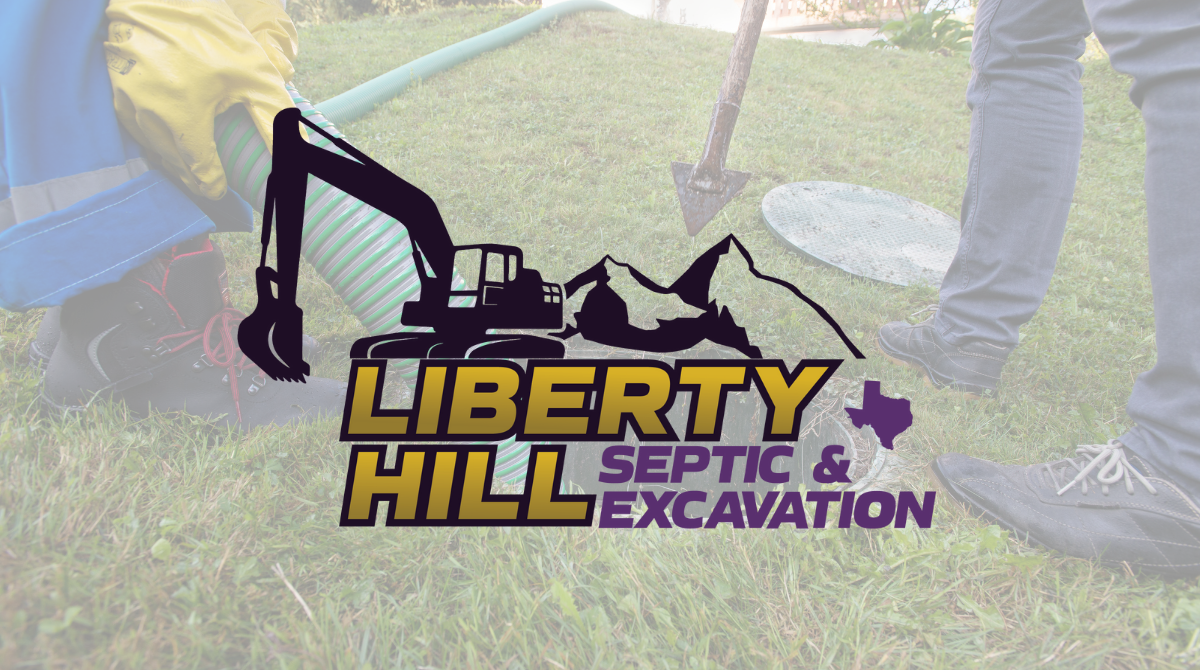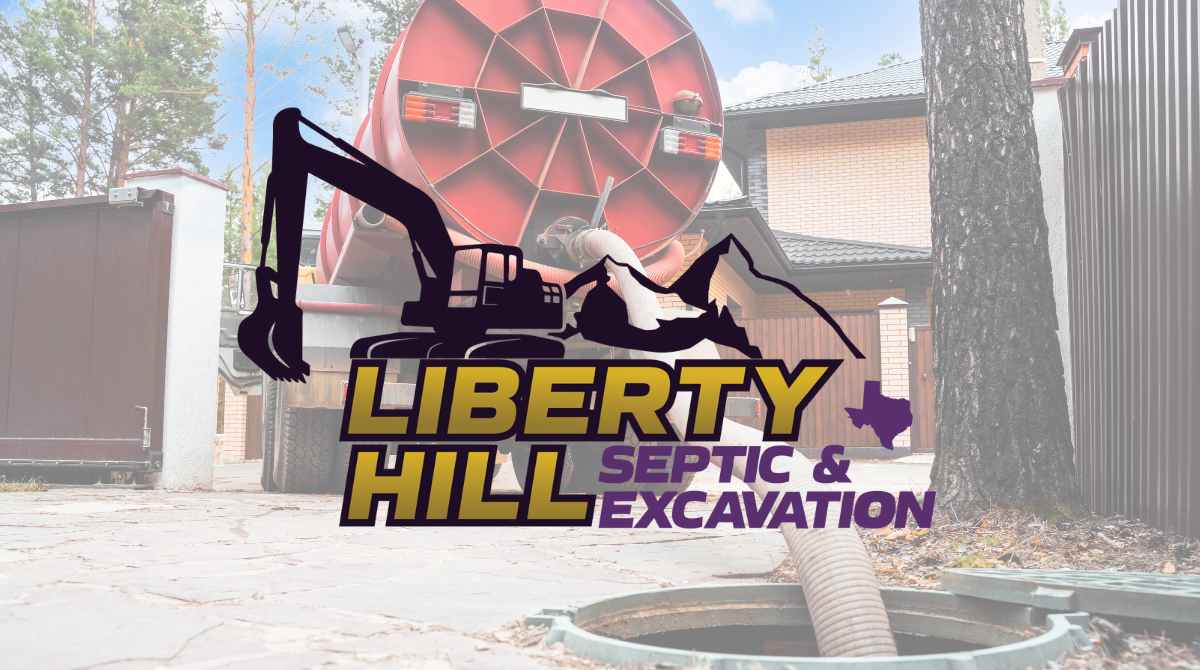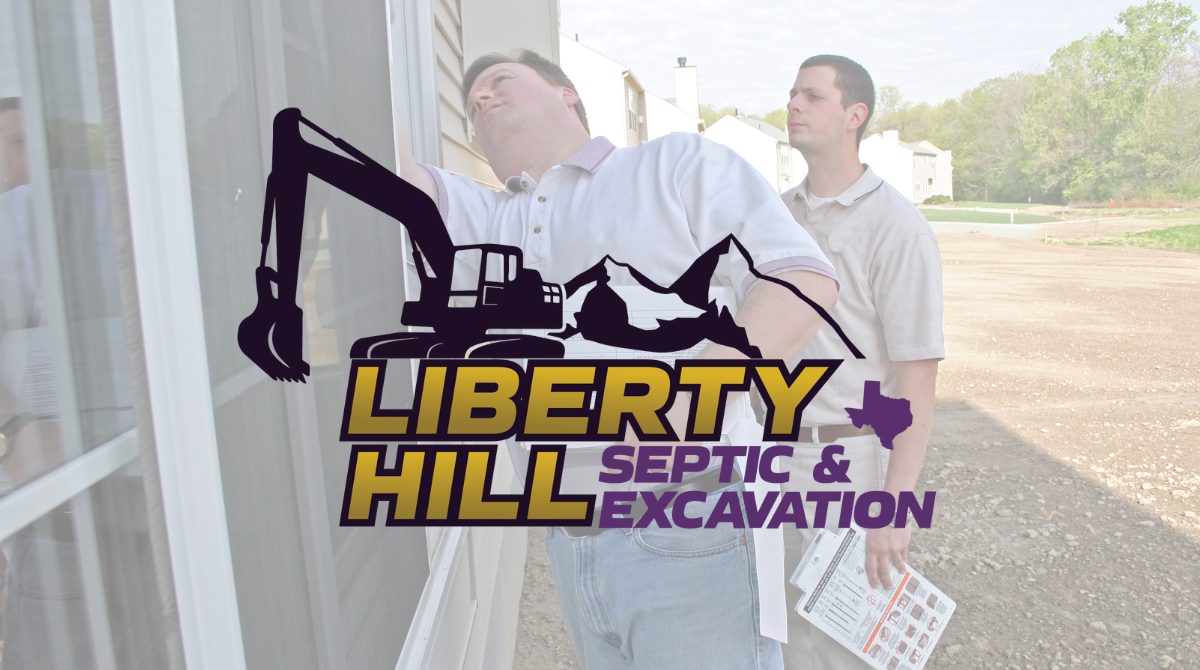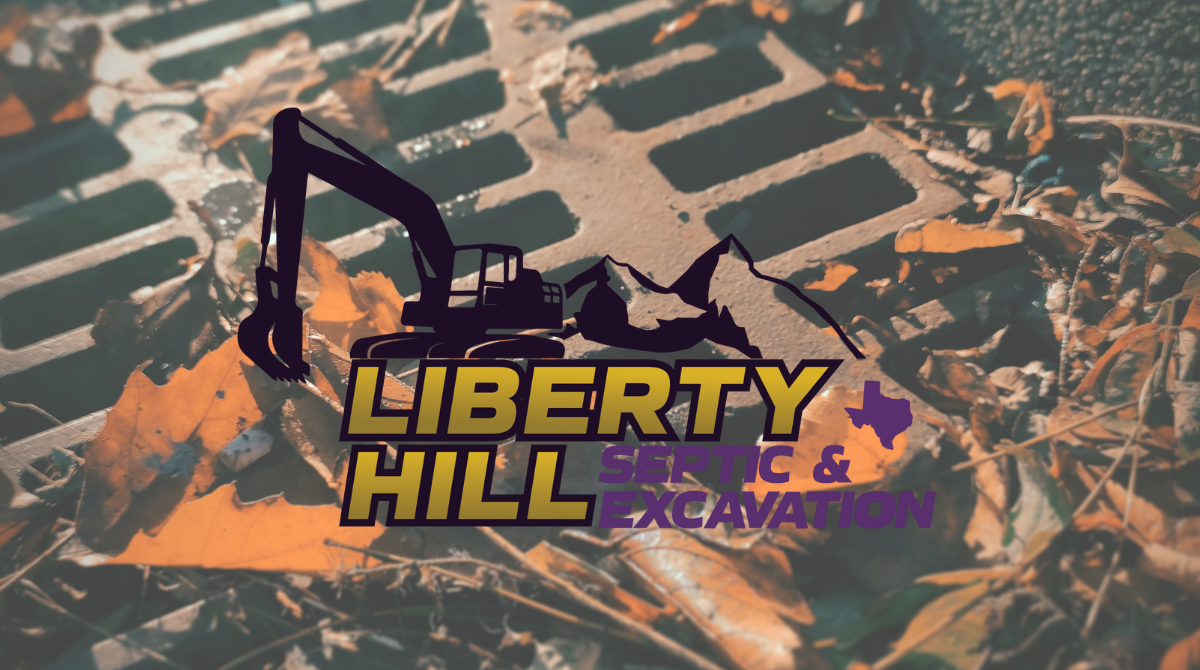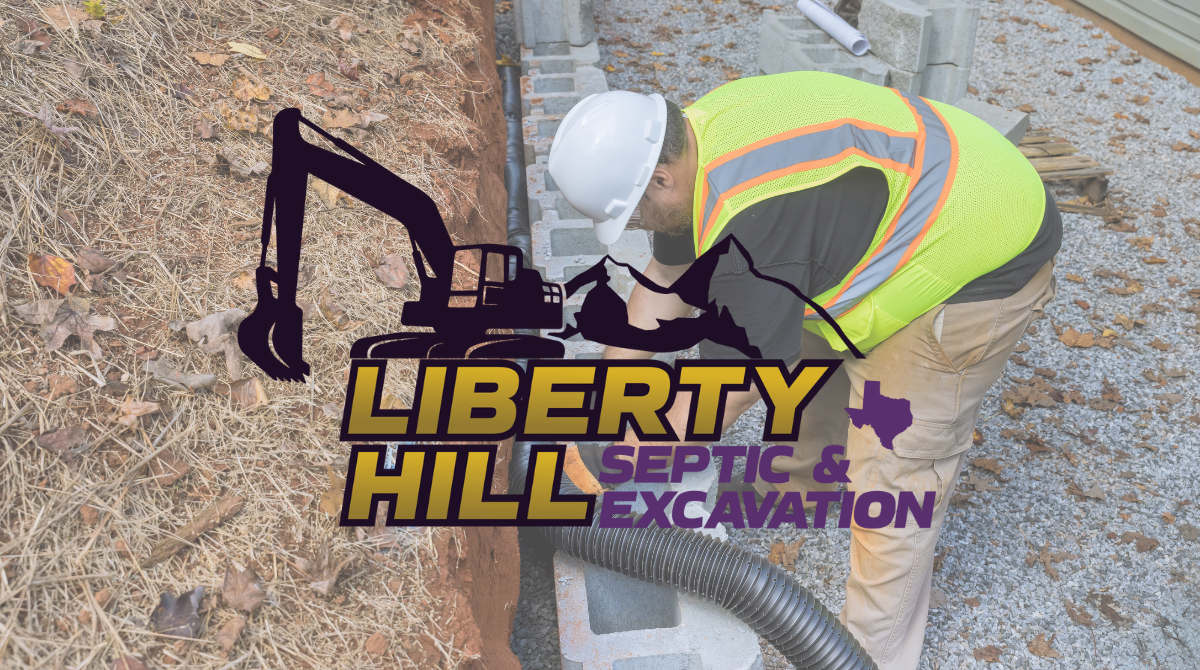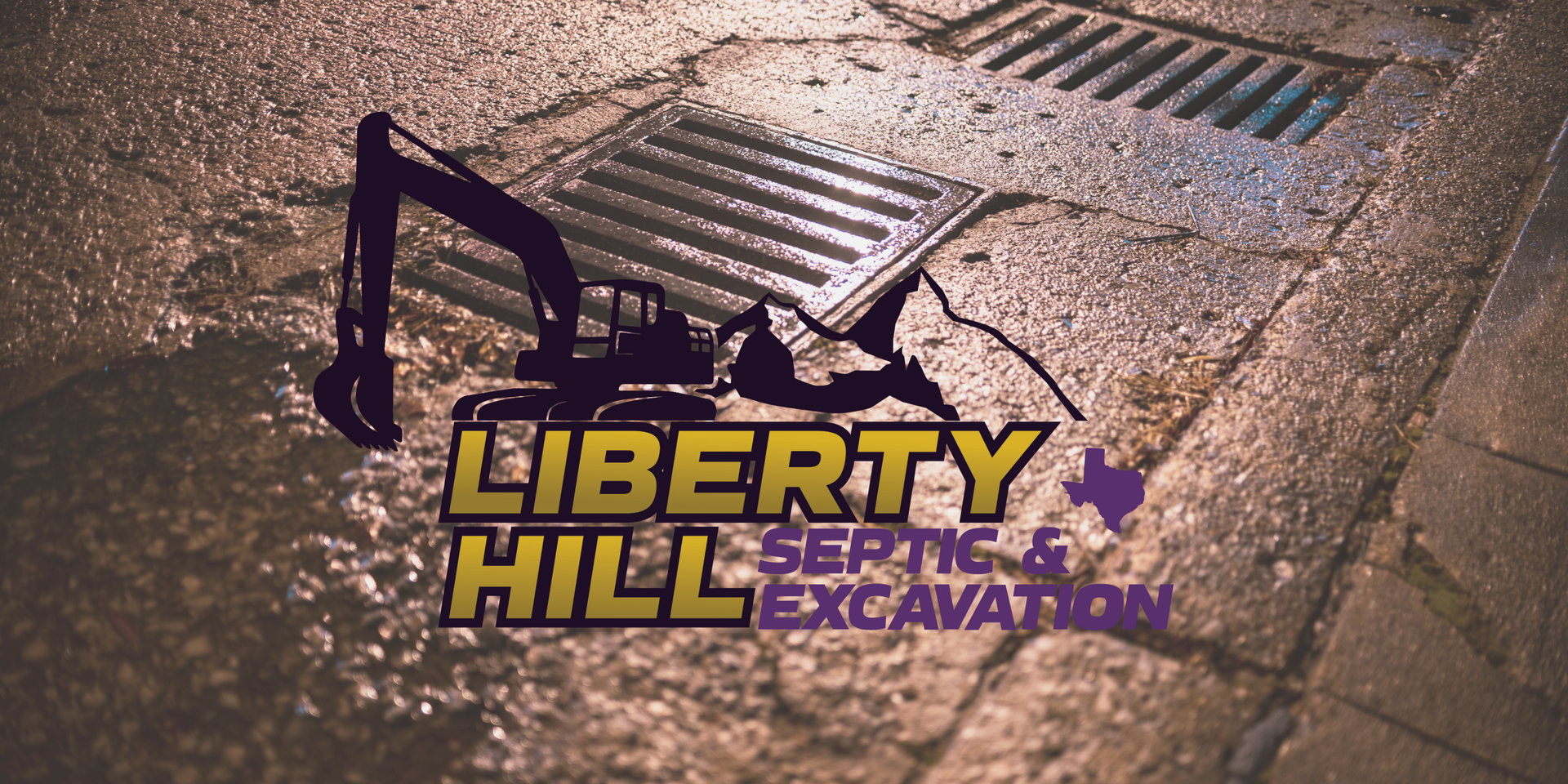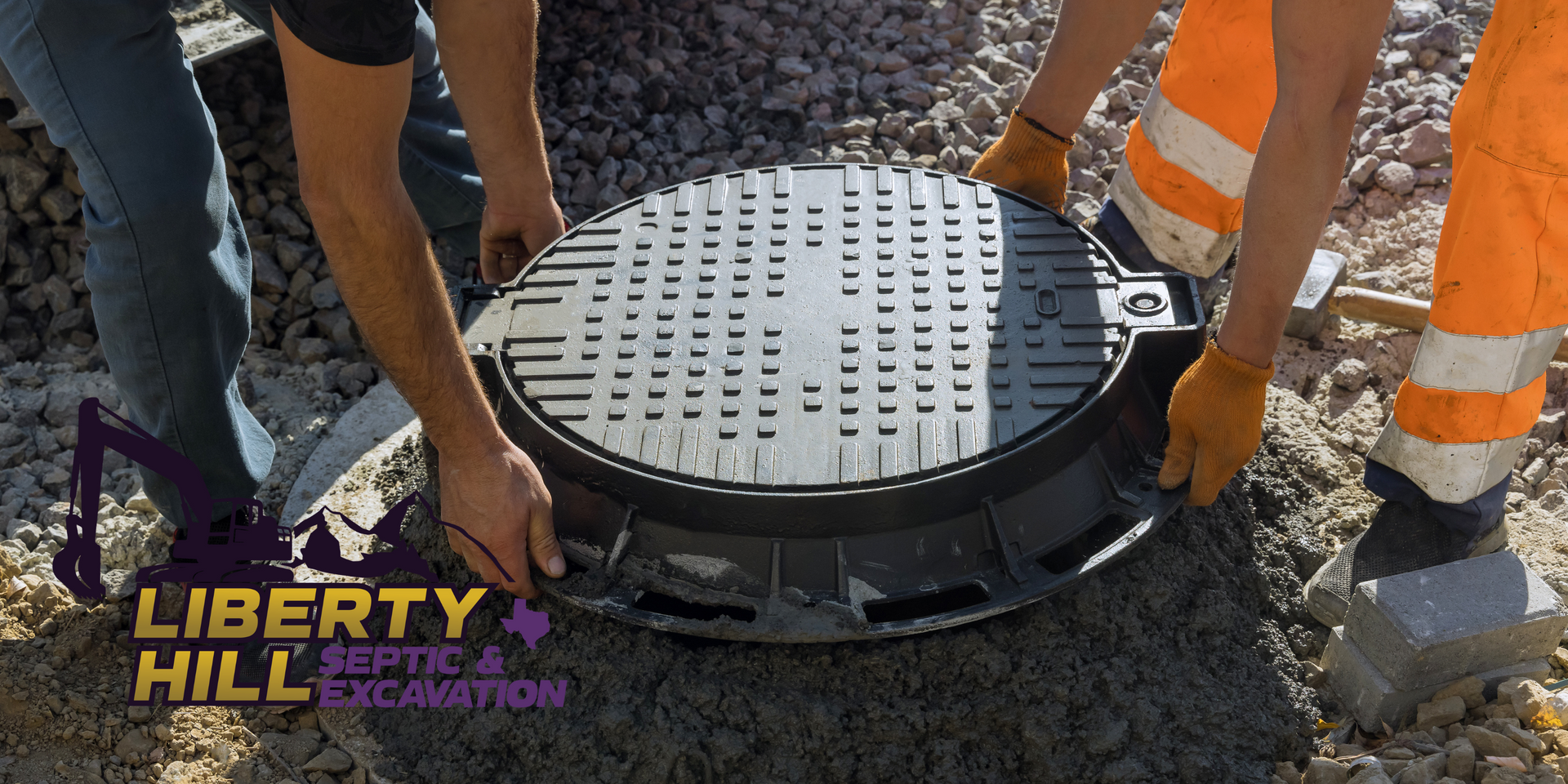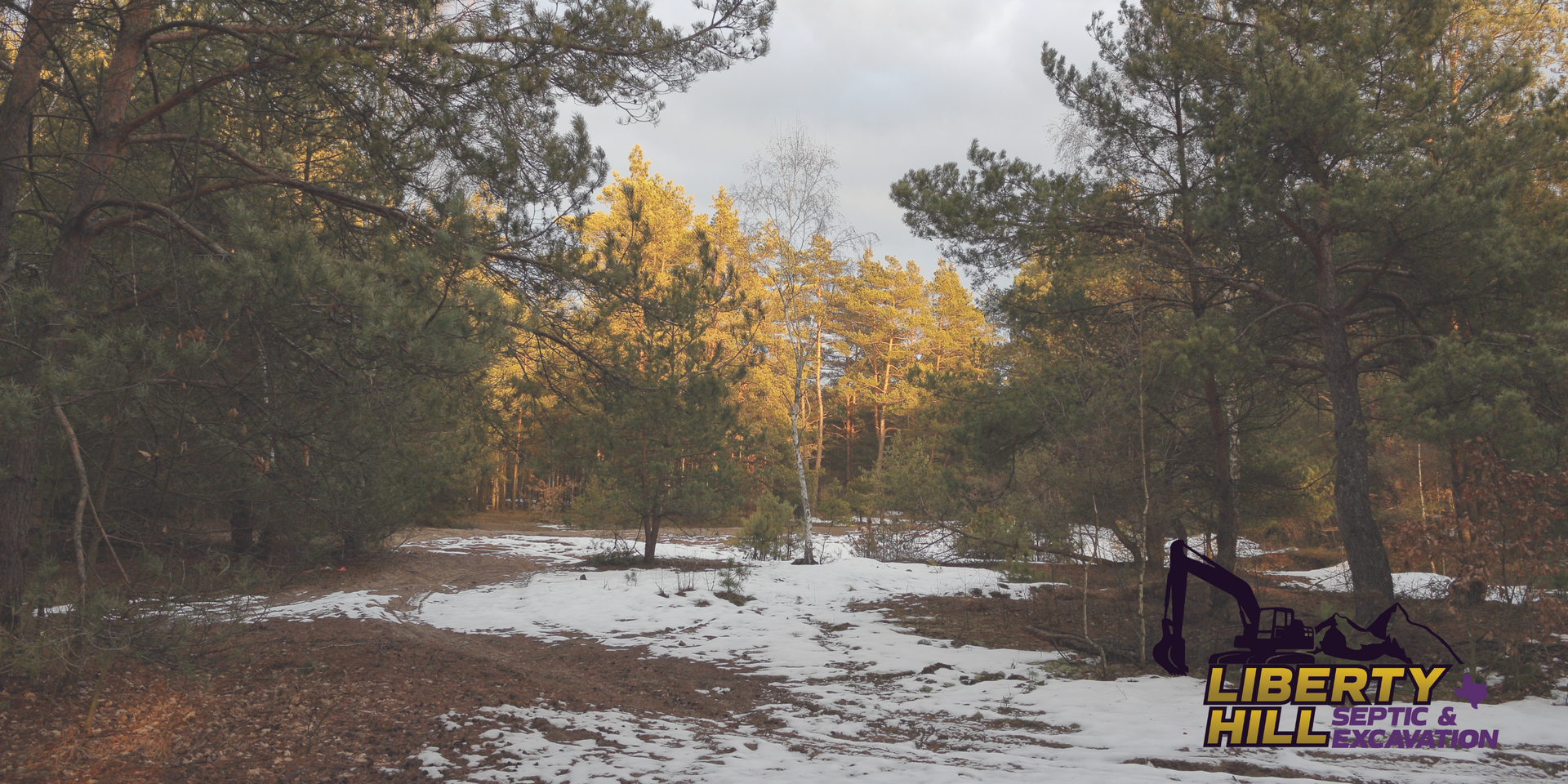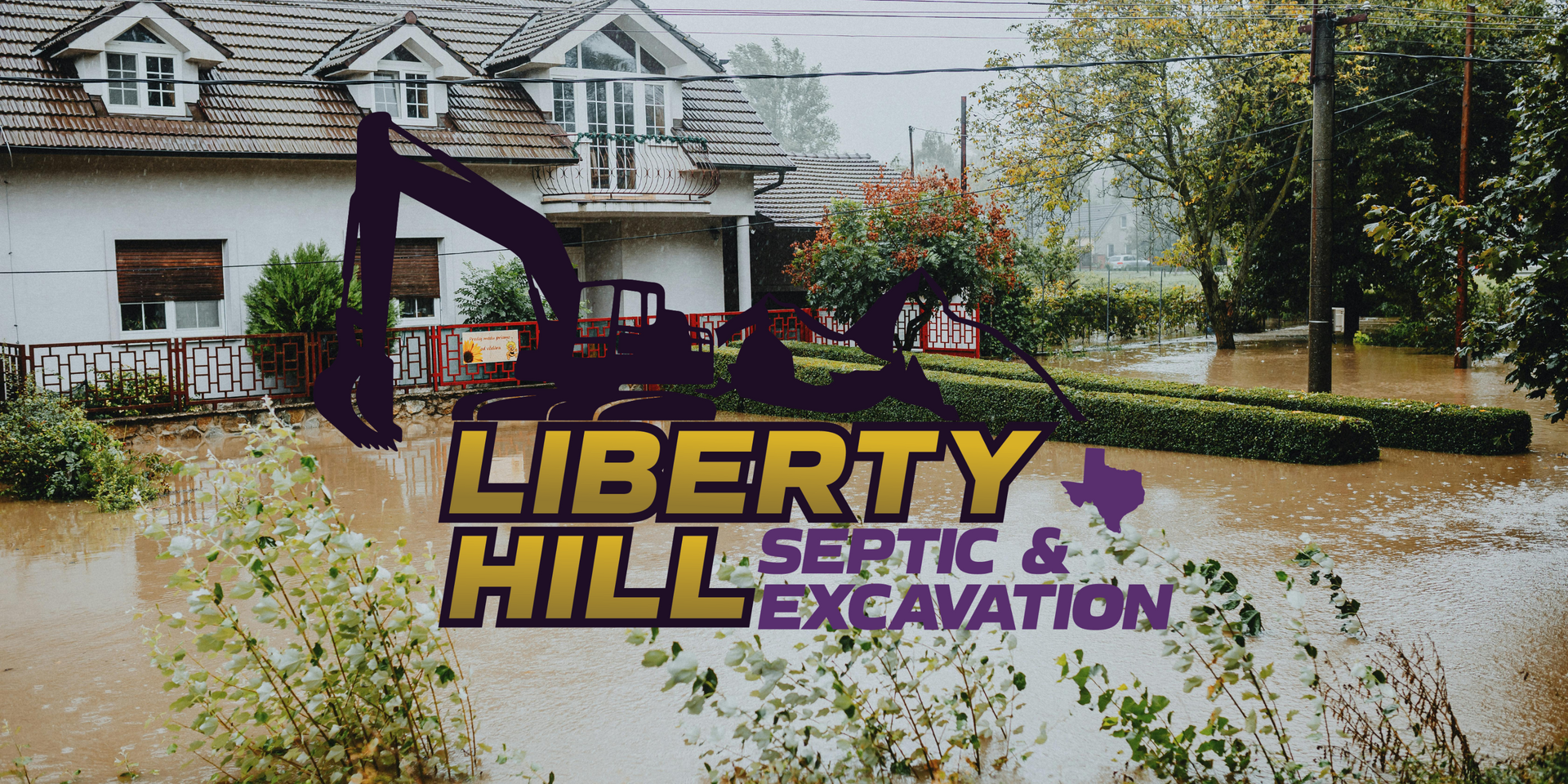Top Signs Your Septic Tank Needs Pumping Before Winter
When winter is on the way, the last thing you want is a septic emergency. Cold weather can make any septic tank problem worse, and getting a pro out to your place isn’t always easy with snow and ice on the ground. That’s why it’s a good idea to pay attention to signs that your system needs septic tank pumping before the temperatures drop. If you catch these issues early, you can avoid a lot of stress and mess during the colder months. Here are some warning signs to watch for.
Key Takeaways
- If your sinks, tubs, or toilets are draining slower than usual, your septic tank might be getting full.
- Gurgling noises coming from your pipes or drains often mean your septic system is struggling.
- Bad smells inside or outside your home can signal it's time for septic tank pumping.
- Sewage backups or standing water in your yard are big red flags that shouldn't be ignored.
- Keeping track of your last septic service and watching for frost on the tank area can help you avoid winter problems.
Slow Drains
When you notice water just sitting there in your sink, slowly creeping down the drain, it's more than a minor annoyance—it's a warning flag for your septic tank. Slow drains throughout your house usually mean your septic system is starting to struggle and can't keep up. The problem shows up first in places you use every day, like kitchen sinks, the bathtub, or even the laundry room.
If only one drain is slow, it might be a simple clog. But if all your drains—from sinks to showers—seem slow, there's a good chance your septic tank is too full or your system has a blockage. Here are some telltale signs to watch for:
- Showers and tubs take ages to empty, leaving a pool of water behind.
- Sinks gurgle or bubble loudly while draining.
- Flushing the toilet causes water to burble up in unexpected spots, like the bath drain.
- The washing machine kicks off, and suddenly drains elsewhere move sluggishly.
"When multiple drains in your home all seem slow, it's often your septic system asking for help before bigger, messier problems show up. Regular pumping—especially before winter hits—can save you from backups and costly repairs."
If you're starting to notice that your drains aren't doing their job, it's best not to ignore it or pour harsh chemicals down the pipes. Those quick fixes can actually do more harm than good. Instead, think about calling a septic professional for an inspection before the cold weather sets in.
Gurgling Sounds
Ever notice your pipes making odd gurgling noises when you flush or run water? That sound isn’t just your house settling or the dog knocking something over—it could mean your septic tank is almost full. Gurgling pipes are one of the first red flags of a septic system that’s struggling to keep up.
When air gets trapped in your plumbing, usually because waste and water can’t flow smoothly, those bubbles fight their way up and make that gurgling sound. Sometimes you’ll hear it coming from the toilet right after you flush, other times it’s from your sink or even the shower drain.
A few common causes for gurgling noises include:
- Overfilled septic tank restricting proper waste flow
- Blockages within the pipes leading to trapped air
- Buildup of solids that slow down system drainage
"If you hear persistent gurgling, don’t ignore it. Even if everything else in your house seems to be working fine, these sounds usually mean your system is feeling overloaded. Waiting too long can turn a minor annoyance into a gross backup that’s much harder and more expensive to fix."
So, if your house starts sounding more like a coffee pot that never stops percolating, it might be time to call in a professional—and before winter hits is always better than after.
Unpleasant Odors
If you’re picking up whiffs of sewage or musty smells—either indoors or out in the yard—it’s not something to ignore. Consistent, bad odors can mean your septic tank is overdue for a pump-out. Sometimes you’ll notice these smells hanging near the bathroom, kitchen, basement drains, or even out around the area above your tank. These nasty scents aren’t just unpleasant—they’re often the first warning that your system is struggling to process waste as it should.
Here’s how those smells might show up:
- Near sinks or bathroom drains, you might get a rotten egg or sewage smell.
- In the yard, especially over the septic field, there’s often a sharp, sour odor.
- The basement or lower levels of your house can sometimes trap smells if drains aren’t vented right.
You might think a quick cleaning will get rid of them, but stubborn odors that keep coming back are a major red flag. The issue can be anything from a simple full tank, to a blocked or broken pipe, to the beginnings of a system backup.
"Even if everything else seems fine, don’t wait if the smell sticks around for more than a day or two. A stinky yard or house can quickly turn into a much bigger problem with your septic system."
Some homeowners in this situation have also reported experiencing strong sewage-like odors near plumbing fixtures and basement drains, which is a signal of potential backup risks according to early warning signs of septic tank trouble.
If you’re getting even mild odors and it’s been a couple of years since your last septic tank pumping, save yourself a much bigger headache later. Schedule a professional inspection before winter hits hard—these cooler months only make septic problems trickier to fix.
Sewage Backups
Few things make you panic as quickly as seeing wastewater coming back up into your tub or sinks. Sewage backups are one of the clearest warnings that your septic tank needs attention, fast. Town water users might roll their eyes, but living with a septic system means you’ve got to watch for certain issues.
Why do these backups start? Usually, a full tank or saturated drain field causes waste to stop flowing where it should, and instead, it finds its way back inside your house. Here’s what to look for:
- Water or waste rising in toilets after you flush
- Backed up water in bathtubs or showers (especially after using the washing machine)
- Persistent need to plunge or clear drains
If this happens, don’t just mop it up and hope it’s a one-time thing. Septic backups quickly lead to hazardous health conditions and can wreck floors, walls, and anything the dirty water touches.
"If you start to notice sewage in places it shouldn’t be, shut off your water and call a pro as soon as possible. Don’t wait around – the longer you put it off, the bigger the repair bill is likely to become."
You can find more helpful info about typical signs of septic trouble — including backups, slow drains, or unpleasant smells — in this self-explanatory guide on common signs your septic system needs professional attention. Taking care of this problem quickly will make your fall and winter so much easier.
Standing Water
If you start seeing puddles or soggy patches of ground above your septic tank or near the drain field—even when it hasn’t rained much—don’t ignore it. Standing water in these spots often means your septic system isn’t able to handle what’s coming in, so waste liquid is leaking upward instead of filtering down where it should. That’s a major sign your tank may be overflowing or blocked up.
Here’s how you know it’s not just last night’s rain:
- Standing water appears during dry weather, not just after storms
- The water has a bad smell, sometimes like rotten eggs or sewage
- Grass in those areas is strangely lush and bright compared to the rest of your yard
- Walking on that ground feels spongy, uneven, or unusually soft
Other factors can play a role, like a burst lawn sprinkler or extremely wet seasons, but if these puddles line up with your septic area, that’s a red flag. Don’t just chalk the wet spot up to something else—address it fast.
"If the ground around your septic system is constantly muddy or wet, plan to call a septic service. Waiting can lead to backups that put your whole home at risk."
Lush Grass Over Drain Field
Ever noticed that one patch of grass in your yard that stays greener and fuller than all the others, even when you haven’t watered it much? This could be a strong hint your septic tank is overdue for pumping. When septic systems hit their limit, liquid waste sometimes seeps into the ground near the drain field. Grass over the area gets an extra dose of nutrients—mostly from the wastewater—which causes it to flourish unevenly compared to the rest of your lawn.
Here’s what makes a too-lush drain field a red flag:
- Grass in the drain field zone appears brighter, thicker, or grows faster than other lawn areas.
- Patches of lush growth don’t match your watering or rainfall routine.
- The soil might seem softer, damp, or even soggy, sometimes even in dry weather.
"If this keeps happening, don’t just chalk it up to luck. It’s your septic system’s way of warning you before bigger issues show up inside your home or in your yard."
A quick tip: Don’t plant anything but shallow-rooted grass on or near your drain field to avoid root damage. If you notice these signs sticking around after dry spells, call in a septic pro. Catching the problem early can save you from bigger headaches and a mess when winter rolls around.
Frequent Blockages
If you’re spending way too much time wrestling with plungers or reaching for the phone to call a plumber, your septic system might be trying to tell you something. Frequent blockages are more than just an inconvenience—they’re a big flag that your tank needs attention. When solids build up to the point that they can’t flow out properly, clogs can happen over and over, even after you think you’ve resolved the issue. What starts as a stubborn toilet or slow tub drain can quickly spread throughout the whole house if you let it go too long.
Here are a few signs that recurring clogs may point to a full septic tank:
- Multiple drains (sinks, toilets, tubs) clog at the same time
- Clogs return quickly after being cleared
- Water backs up in strange places (like shower drains when you flush the toilet)
You might find yourself asking: why is this happening again? The answer could be that your septic tank is overdue for service. Solid waste takes up space in the tank, and when there’s no room left, wastewater can’t move as it should. This leads to more than just blocked pipes—it can eventually cause sewer backups, which are way worse.
"If you’re dealing with repeated blockages, it’s not just bad luck. Don’t wait for a messy or expensive surprise. Scheduling septic pumping before the ground freezes will save you a lot of headaches down the line."
Overflow in Showers
If you step into your shower and see dirty water that's not draining, this could be a warning that your septic tank is overloaded. Shower overflow is more than just annoying—it's often one of the biggest red flags that something’s off with your septic system. When a tank gets too full or the drain field becomes clogged or flooded, wastewater doesn’t have anywhere to go. So, it takes the path of least resistance—straight back up into your drains.
Here’s what can cause and signal this problem:
- Water backing up in showers after doing laundry or running the dishwasher.
- Unusual gurgling noises coming from the bathroom pipes when you flush.
- Slow draining bathtubs paired with pooling water that just sits around.
"Overflow in the shower usually doesn’t happen out of nowhere. It’s your plumbing’s way of telling you the tank is overdue for maintenance, or the system is under stress from weather or usage."
Don’t just block the drain and hope for the best. If you spot overflow, stop using water if possible and call a septic professional. Acting early can keep a small issue from turning into a serious mess—especially with winter on the way.
Frost on Septic Area
Spotting frost on your septic area, especially when nearby ground remains bare, can mean more than just chilly weather—it's signaling a bigger issue. A frosty patch over your septic tank or drain field often points to insufficient insulation or even a system that isn’t functioning as it should.
When the ground over your septic system freezes before the rest of your yard, you might be dealing with one of these:
- The soil above your tank or pipes is too thin, letting cold air in.
- Grass has been cut too short or removed, losing natural insulation.
- Soil compacted by vehicles or equipment, which traps cold air and causes more freezing.
- Underlying problems with slow water movement that increases chances of frozen pipes.
It's worth noting that inadequate insulation increases the risk of frozen pipes, and when this happens, wastewater can't flow out, leading to potential backups inside the house.
"If you notice frost building up only in the septic area, don’t ignore it—this could mean your whole system is at the edge of freezing up, which is even more likely if you spot slow drainage or strange gurgling sounds in your plumbing."
Here’s what you should do if you find frost over your septic system:
- Leave the snow be; snow acts as a protective blanket.
- Add a layer of loose, organic mulch (like straw or leaves) for extra insulation.
- Avoid compacting the area—keep vehicles and heavy items away.
- Consider growing the grass longer next season for more insulation.
- Schedule a septic inspection and pump out before freeze sets in, especially if winter’s going to be harsh.
Don’t fall into the trap of thinking “no smell, no problem.” Frost in this spot is an early warning. Taking action before things freeze solid can keep you from a winter plumbing nightmare—and a costly repair bill.
When frost forms over your septic area, it can cause a lot of trouble for your whole system. It’s important to keep the ground above your septic tank clear and warm when the weather gets cold. If you notice frost building up, visit our website to learn more about how to protect your septic system and avoid expensive repairs.
Conclusion
Getting your septic tank pumped before winter isn’t just another chore to add to your list—it’s a smart move that can save you a lot of trouble down the road. When you spot slow drains, weird smells, or soggy patches in your yard, don’t ignore them. These are your system’s way of waving a red flag. Cold weather only makes things tougher, especially if you end up dealing with frozen pipes or a full tank when it’s snowing outside. So, if you haven’t had your tank checked or pumped in a while, now’s the time. A little maintenance now means you won’t have to deal with messy, expensive surprises later. Stay ahead of the game and your septic system will thank you all winter long.
Frequently Asked Questions
How often should I pump my septic tank?
Most septic tanks should be pumped every 1 to 3 years. The exact timing depends on the size of your tank, how many people live in your house, and how much water you use.
What are the first signs my septic tank is getting full?
Early signs include slow drains, gurgling noises from your pipes, and bad smells around your home or yard. If you notice any of these, it’s a good idea to check your septic system.
Can slow drains mean there’s a problem with my septic system?
Yes. If your sinks, tubs, or toilets are draining slowly, it could mean your septic tank is full or there’s a blockage in your system.
Why do I smell bad odors near my septic tank or in my house?
Bad smells can happen when your septic tank is full, or if there’s a leak or problem with your system. It’s a sign you should have your tank checked and possibly pumped.
Is standing water in my yard a sign of septic trouble?
Yes. Puddles or soggy spots near your septic tank or drain field, especially if it hasn’t rained, can mean your septic system needs attention.
Can a full septic tank cause sewage to back up into my house?
Yes. If your tank is too full, sewage can back up into sinks, toilets, showers, or tubs. This is a serious problem and you should call a professional right away.
Does winter weather affect my septic system?
Cold weather can make septic problems worse. Frozen ground or snow can make it harder to fix issues, so it’s best to pump your tank before winter starts.
How can I keep track of when my septic tank was last pumped?
Keep a record or calendar note of the last pumping date. Some people write it on a sticker near their breaker box or keep it with other home maintenance records.
